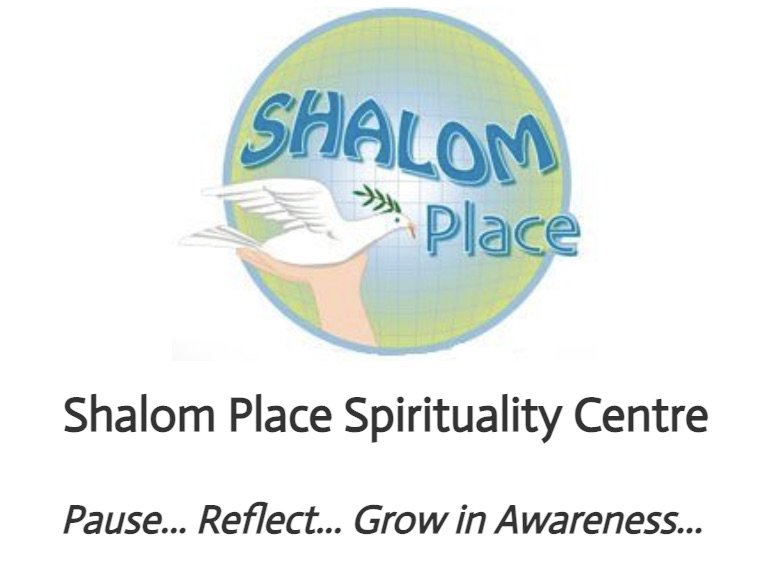GOD’S EMBRACE IN THE CRAZY
Creator-Beloved,
It’s a crazy-hectic time:
that end-of-year train
that hurtles through
the final weeks as if
careering down a
mountain track
without brakes.
Amid unrelenting demands,
Keep me calm and steady.
Renew my energy,
sharpen my mind.
Let me not
miss moments of beauty;
or forget how blessed I am.
Help me focus even as tasks
fly like furies to my in-box.
But for now
on this Friday afternoon
Just deep gratitude.
You draw me
into the quiet depths,
as a smooth stone carressed
by gentle waves.
You enfold me in your arms.
and I let go control -
surrender to your care
I hear you say:
“It’s ok - pause, breathe.
I’ve got you!”
(Annemarie Paulin-Campbell)

